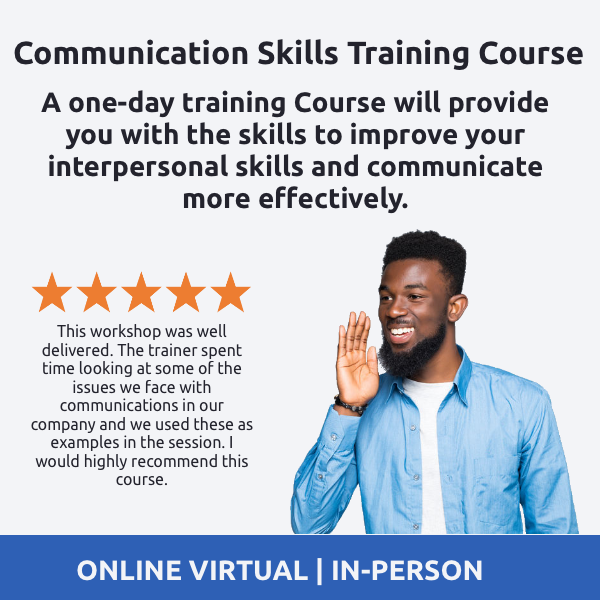Background
What are the different types of questions you can use and when could you use them? Using effective questions is a core skill that is required in many different roles – for example in a leadership or management role, a sales or customer service role or as a trainer or presenter.
There are various different types of questions that you can use. Each has a purpose and if used well, will help you to get to the outcome you need to get to in a much quicker timeframe.
The Purpose of Questions
The reason we ask questions is to uncover information and engage another or others in 2-way dialogue. The amount of engagement or response that you get from others will largely depend on the type of question you ask. This is why it’s important to choose the right question for the right situation and why there are so many different types of questions.
The reason we ask questions is to uncover information and engage another or others in 2-way dialogue. The amount of engagement or response that you get from others will largely depend on the type of question you ask. This is why… Share on X
Different Types of Questions
Here are some examples of the different types of questions you can use:
Open Questions
- These are useful in getting another person to speak. They often begin with the words: who, what, when, where, why, how, tell, explain, describe
- Open questions can be used as statements, for example: “tell me about”, “give me examples of”.
- They can provide you with a good deal of information while using very few questions to uncover it
Closed Questions
- These are questions that require or lead to a yes or no answer
- Closed questions start with words such as did, can, if, will, are
- They are useful for checking facts i.e. when you need clarification or an absolute yes or no answer
- They should be used with care – too many closed questions can cause frustration and shut down the conversation.
Specific Questions
- These are used to determine facts
- They can be used as a follow-up question to an open question where you need some specific information but don’t want a yes or no answer
- An example of a specific question may “How much time did you spend doing that”
Probing Questions
- These check for more detail or clarification
- Probing questions tend to follow an open question
- They allow you to explore specific areas – for example, you asked what someone’s favourite movies are. Then you probe by asking ‘tell me why you like horror movies?’
- However; be careful because they can easily make people feel they are being interrogated if you use too many of them
Hypothetical Questions
- These pose a theoretical situation in the future
- They allow you to uncover what someone is thinking, how they might react to something or deal with something should it occur meaning they could be used in interviews to find out how people might cope with new situations
- An example of a leading question may be “what would you do if…?’
- These can be used to get others to think of new situations.
Reflective Questions
- You can use these to reflect back on what you think a speaker has said
- They allow you to check understanding
- They also demonstrate that you have been listening
- You can also reflect the speaker’s feelings. This can be useful in dealing with angry or difficult people and for defusing someone who is emotional
Leading Questions
- These are used to gain acceptance of your view
- They are not useful in providing honest views and opinions.
- The question contains a scenario or statement that you want clarifying, for example ‘you went to the cinema last night didn’t you?’
- They can be quite dangerous to use as they offer little room for conversation and can be interrogative
Rhetorical Questions
- Often used to make a point but don’t need an answer
- They can be used to make people think
- Some examples of rhetorical questions are ‘how many time do I need to tell you to put this right?’ or ‘who wouldn’t want to be healthy?’
Responses to Questions
When we ask a question we expect a response. The response we get will depend on the type of questions we ask. Here are some examples of the types of responses you may get:
- No response – the other person may choose to not respond or answer your question
- Non-verbal response – the other person may for example nod or shake their head
- Verbal-nod response – rather than using full words, the other person may just make a sound for example ‘hmm hmm’
- Direct response – they directly answer the question
- Full response – they offer all of the information you need after only one question
- Dishonest response – they answer but not with a truthful response
- Deflective response – their answer tries to move the conversation in a different direction to deflect away from answering
- Question response – they may answer your question with a question of their own
- Spun response – they may use a stock response to not answer the actual questions. Pelicans often use this when they don’t want to answer a difficult question
Asking the Right Type of Question
If you ask a question and get a different response to the one you wanted, it may mean that you used the wrong type of question. If that is the case then you may need to re-ask your question using another of the different types of questions above.
Further Learning
If you would like to learn more about the different types of questions and questioning skills then a communication Skills training course can help. Take a look at our Communication Skills Training course for more details.





